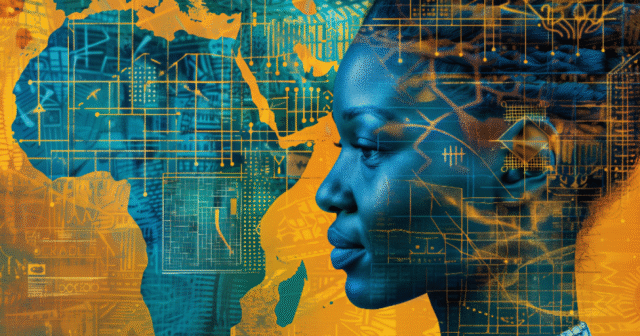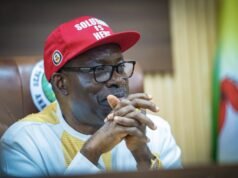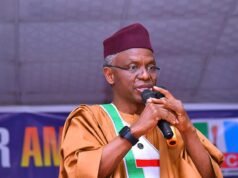The global race for artificial intelligence supremacy is no longer confined to boardrooms in Beijing or labs in Silicon Valley. It has found a pulse in Africa — a continent rich with youth, ambition, and untapped innovation. As the U.S. and China funnel immense resources into AI research and infrastructure, Africa stands at a critical crossroads. The question before the continent is not whether Africa will be a spectator, but whether Africa will lead — responsibly, inclusively, and on its own terms.
Table of Contents
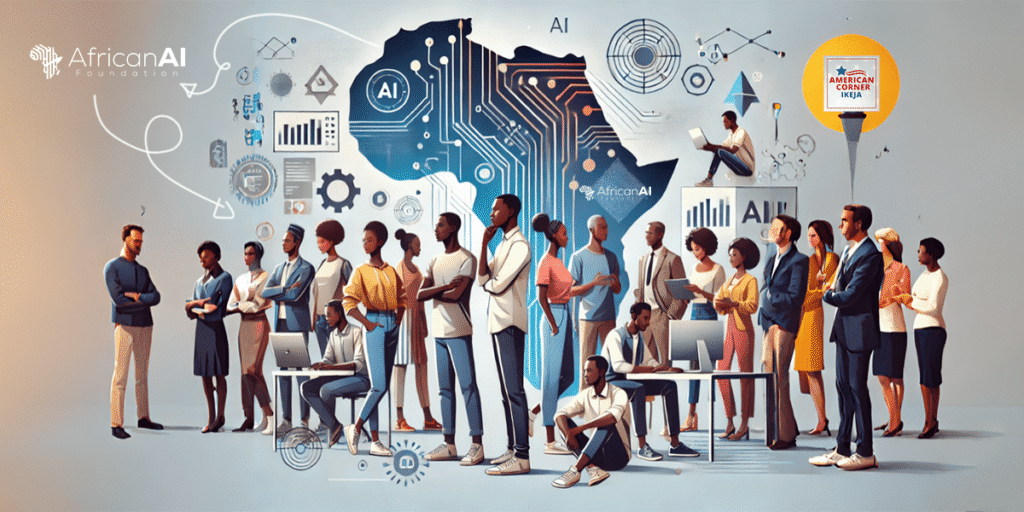
Young, Vast, But Undervalued: Africa’s Unique Position
Africa is home to more than 1.4 billion people, over 60% of whom are under the age of 25. With the fastest-growing labour force globally, the continent holds enormous promise. Yet despite its demographic dividend, Africa receives only a sliver of global AI investment.
The challenges are many: limited access to advanced education tailored for AI, outdated curricula that don’t keep pace with the digital age, inadequate connectivity, and restricted access to global networks of research and capital. These gaps are not merely academic — they threaten to sideline Africa in shaping its future. If AI tools are developed without African voices, data, or ethical considerations grounded in local realities, then “solutions” risk being alien, irrelevant or worse, harmful..
Yet therein lies the opportunity. Africa possesses a deep well of creativity, resilience, and a growing number of innovators who understand local problems better than anyone. With inclusive AI ecosystems, the continent can pivot from being a recipient of tech innovations to being a generator of them. Africa’s youth could be the generation that not only adapts to the AI era but writes its rules.
From Vision to Action: Innovation, Training, Impact
Key players are already laying foundations that show what’s possible when ambition, support, and local knowledge converge.
One such organisation is ALX. Their approach goes beyond mere technical training: it is about building leadership, social awareness, and a networked community of young Africans committed to solving real challenges with AI. Students at ALX don’t just learn data analytics or machine learning; they are encouraged to imagine how tools can be applied to health, education, finance, climate change, and beyond — and to design AI systems that reflect African values.
Concrete examples of AI making a difference are already emerging:
- Rwanda Health Intelligence Centre, launched by Rwanda’s Ministry of Health and supported by Sand Technologies, uses real-time data to anticipate disease trends, guide policy, and improve health outcomes. This platform shows how AI can move beyond theoretical promise to deliver measurable, life-saving impact.
- In education, an initiative in Egypt called Edulga seeks to close the learning poverty gap by offering an AI-powered knowledge platform connecting learners, educators, and institutions across borders.
- In Nigeria, though not cited in the original article, we see parallel efforts: young innovators building AI tools for fintech inclusion, language translation, and healthcare diagnostics, all kinds of home-grown work that reflects local needs. (These are emerging trends across Africa beyond just a few flagship examples.)
Then there are stories of alumni changing lives: Branice Otiende, for instance, built Signvrse, an AI real-time sign-language interpretation platform that is already creating a motion dataset covering sign languages in Africa. With backing from UNICEF and UNFPA, her work shows how AI can unlock accessibility for millions.
ALX’s numbers help tell the story too: in recent years it has trained over 300,000 young Africans. More than a quarter of them have moved into jobs, freelance roles, or started ventures. Women are strongly represented — nearly 20,000 women remain active in the ALX ecosystem — signalling that Africa’s AI movement isn’t just about scale, but about inclusion.
Meanwhile, the economic stakes are rising fast. The African AI market, which a few years ago was speculative in many quarters, is projected to grow from US$4.5 billion in 2025 to US$16.5 billion by 2030. That’s not just growth for growth’s sake — it means jobs, entrepreneurship, infrastructure, better public services.
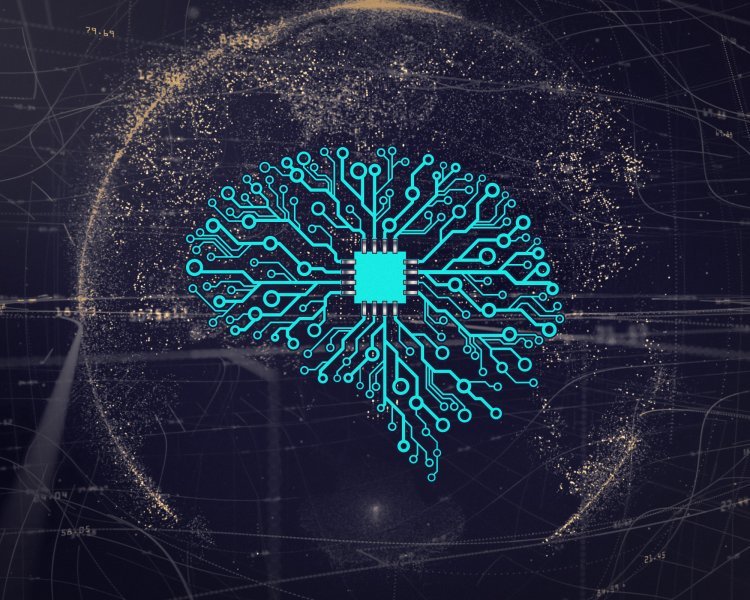
What Must Be Done: Policy, Investment, and Sustainable Leadership
To fully seize this moment, Africa needs more than inspiration and ambition. It needs structural change across education, infrastructure, funding, ethics, and governance.
- Modernised Education and Skills Training
Traditional schooling systems must catch up. Curricula that emphasise rote learning need to give way to problem-solving, coding, data literacy, machine learning, and ethical AI. Access to high-quality, affordable training must expand beyond urban centres to rural areas. Partnerships with organisations like ALX are part of the solution. Governments and private sectors should invest in developing skills at scale. - Robust Investment & Infrastructure
Reliable electricity, broadband internet, cloud infrastructure, and affordable hardware remain a challenge in many African countries. Without these basics, advanced training and AI deployment can’t reach their potential. Foreign investment is important, but so is domestic mobilisation of resources. Local investors, governments, and philanthropies must commit. - Ethical Data Use & Inclusive Design
Africa must ensure AI tools reflect its values, cultures, languages, and lived experiences. That means collecting datasets that are representative, applying ethical oversight, building systems that don’t entrench bias, and giving voice to marginalised populations. Otherwise, there is risk of harvesting data without fairness, creating products that exclude, or worse. - Public Policy & Regulation Aligned with Innovation
Governments must set clear, forward-looking policies: data protection laws, AI regulation, incentives for AI research, and frameworks for public-private cooperation. But regulation must strike a balance — protecting citizens without stifling innovation. Regulatory sandboxes, open data policies, and supportive legal frameworks can help. - Supporting Women and Underrepresented Groups
Gender gaps and inequality in tech are not unique to Africa, but are stark. To ensure inclusive growth, intentional efforts are needed to support women, people from rural areas, those without easy access to formal education. This may include scholarships, mentorship, community networks, and structural changes that reduce barriers. - Global Partnerships with Ownership
Collaboration with international organisations, universities, and donors is crucial, but must be managed in ways that build local capacity — not dependency. Intellectual property, data sovereignty, and leadership should remain substantially in African hands.
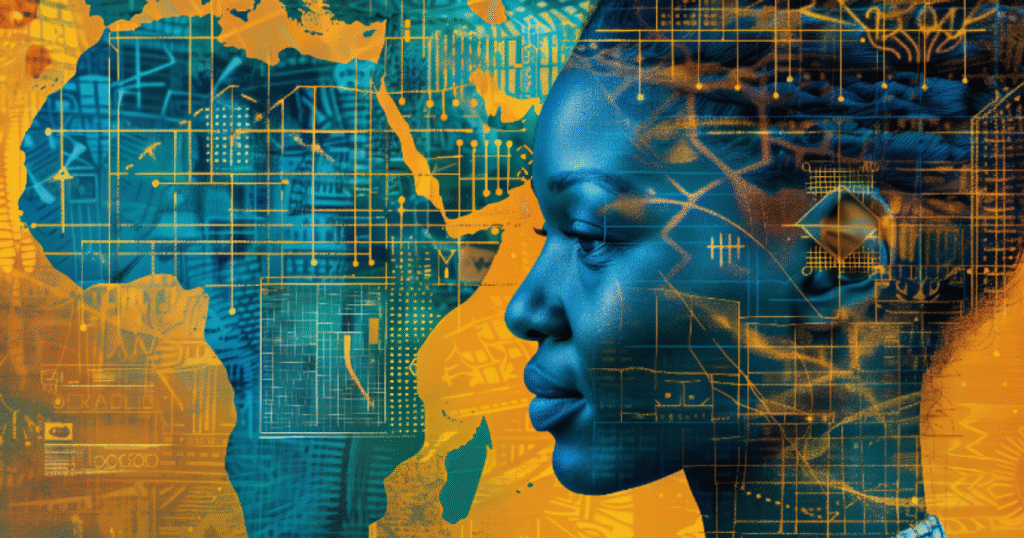
Looking Ahead: Africa’s Moment Cannot Wait
The AI revolution is not a distant future; it is happening now. For Africa, the stakes are high and the opportunities are even higher. This is a moment pregnant with promise: one where a bold generation of young Africans can breathe life into solutions that are contextually relevant, ethically grounded, and globally resonant.
Success stories are multiplying. Capacity is growing. Market projections show that the returns — for societies, economies, and individuals — will reward those who move with speed and vision. Yet delay carries risks. The longer barriers persist — whether of education, infrastructure, funding, or policy — the more difficult it becomes to catch up.
If Africa leads its AI revolution, it leads not just a continent, but the possibility of an equitable global future. If the youth are empowered, voices included, and values preserved, then Africa’s moment to lead is not an aspiration — it is a reality in formation.
Join Our Social Media Channels:
WhatsApp: NaijaEyes
Facebook: NaijaEyes
Twitter: NaijaEyes
Instagram: NaijaEyes
TikTok: NaijaEyes


